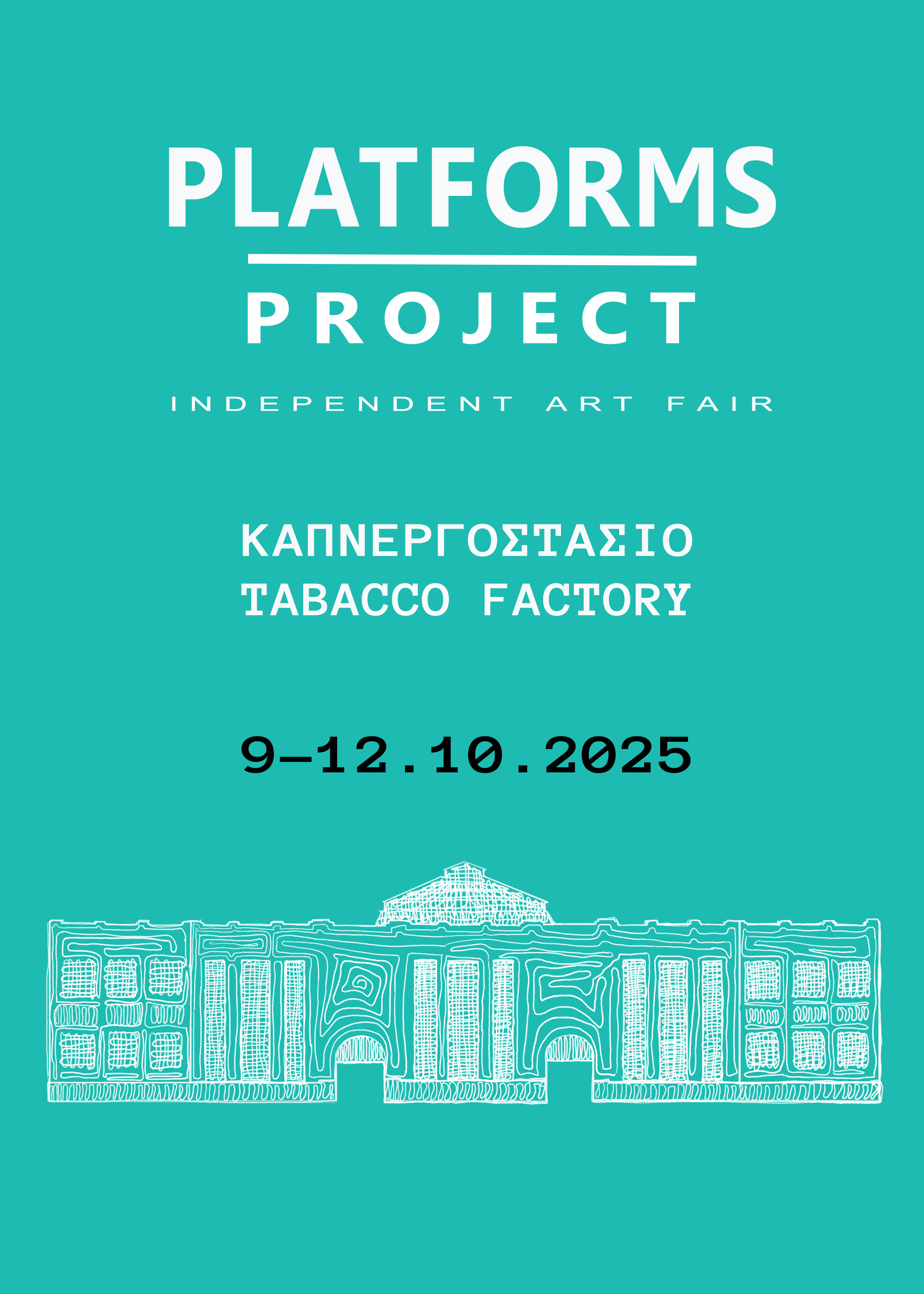Lenia Safiropoulou Paternoster Square / 2
We do not wonder anymore – we can
And you, you must not wonder about anything
Aeons have wondered for you
Just look askance over their shoulders
And smile at one of your own thoughts
Nature is idle
She did not follow us
Rivers and flames
Quietly nestle in the walls
All elans will decay
Rapidly
If you insist
Kings did not disappear
They multiplied
And they do not need subjects
Only opposing kings
All now collect concerns –
And you:
Go feed the unconcerned
And laugh with those who hesitate
And do not turn
So all Eurydices may follow after you
The end of feasts
Do not fear
You have a share in all that’s known
– translated by Panayotis Ioannidis
*
Lenia Safiropoulou—by then already an accomplished classical singer and a poetry translator who had been noticed– burst into the poetry scene in 2012 with her remarkable debut, Paternoster Square (Polis Editions, Athens) which went on to win the “Anagnostis” Prize. This is again a book-length poem (like June’s Vassilis Amanatidis’ μ_otherpoem), as its subtitle suggests: “An itinerary in 53 stops”. If Amanatidis’ poem could be likened to a cantata for a single male voice, Safiropoulou’s is more of an oratorio, for several solo voices and chorus(es). While its title could not be clearer (Paternoster Sq., in London’s City, is nowadays one of the UK capital’s financial hubs), the book’s contents take some letting go of expectations and a full surrender to the poet’s beguiling voice(s) to yield (and then never entirely – and this is meant as praise) their meaning and their full potent beauty. What at first seems cryptic, slowly unravels to unveil several contemporary, autobiographical, as well as existential and other concerns: the poet’s own experience of living in Germany and the UK as an ‘alien’ musical student; the metamorphosis of Paternoster Square itself, next to St’ Paul’s cathedral, from an area that had been bombed during the Blitz of WWII to a “redeveloped” (to copy Wikipedia) “privately owned [by Mitsubishi Estate Co.] public space”; historical and contemporary antitheses between South and North Europe; finally, more general, over-arching concepts of the public and the private, power and devotion, the personal and the communal. Safiropoulou attractively and very effectively varies her tone from the lyrical and ornate to the grandly theatrical; from the spare and quasi-obscure to the conversational if not indeed sloganeering; from the quietly introvert to the sizzlingly satirical.
L.S. was born in 1979 in Athens. She is a singer of opera and lieder, a poet and a translator. Her second poetry book It is hard to stumble on stones (Patakis Editions, Athens 2016) won the Prize “Woman of the Year”; meanwhile, a third book is under way. Her poems have been translated into English and German. She has herself translated into Greek poems by Goethe and Heine, as well as the complete Shakespeare Sonnets and Pushkin’s Tsar Saltan, all of which have been published in critically acclaimed books. In 2017, her personal album Sunless Loves, with works by Brahms, Prokofiev and Mussorgsky, was issued by the British label First Hand Records. She is also a producer for the National Greek Radio’s Third Programme. Future plans include a translation of her poems into Italian.
More poems by Lenia Safiropoulou in English online:
http://www.greekpoetrynow.com/poet_poems_eng/safiropoulou_cv.html

Image caption: A pair of "eyes like carnivorous plants" (Hungry Eyes, 2019) by Zsófia Keresztes illustrates our und. Poetry entry for August. The work was part of the exhibition Sunbaked Thirst With Love at ENA Viewing Space in Budapest. Read our review of the exhibition here.
